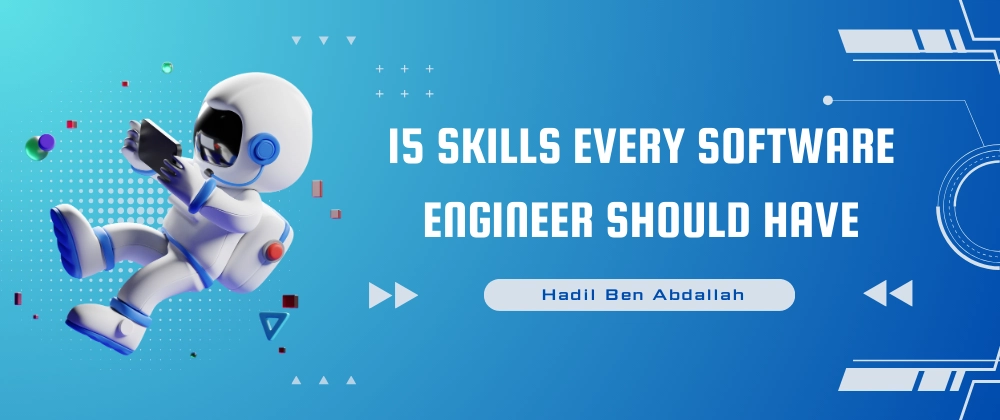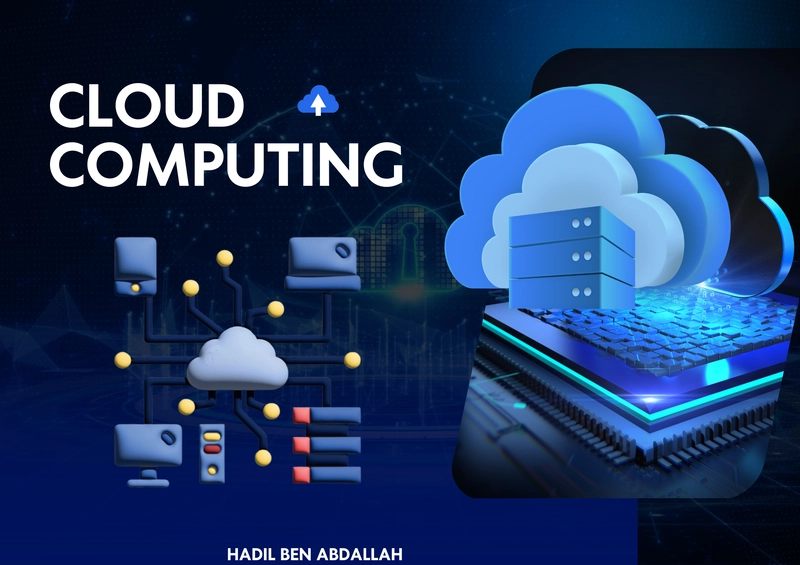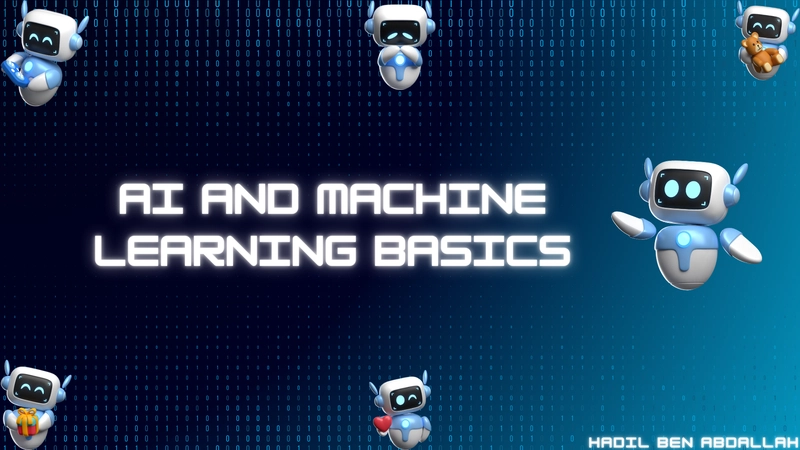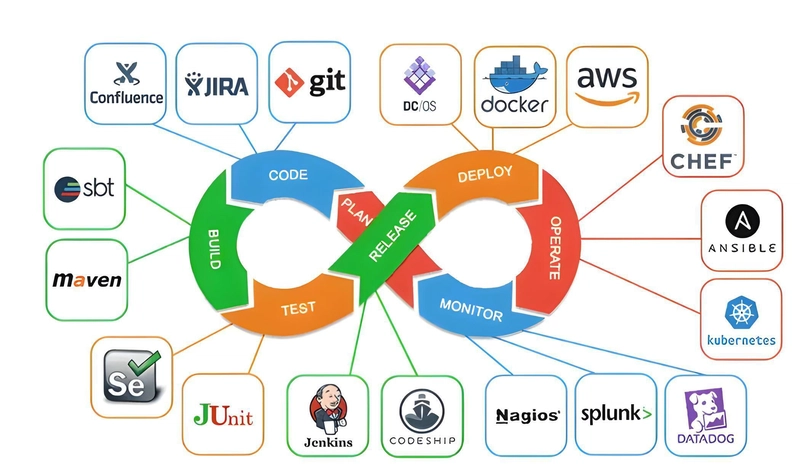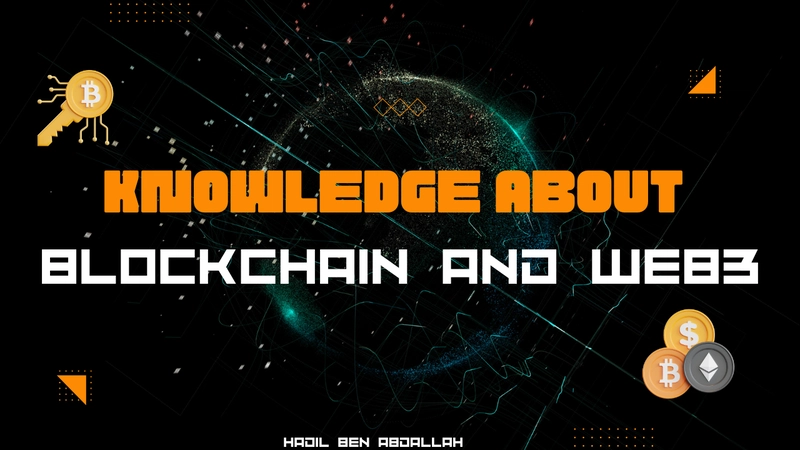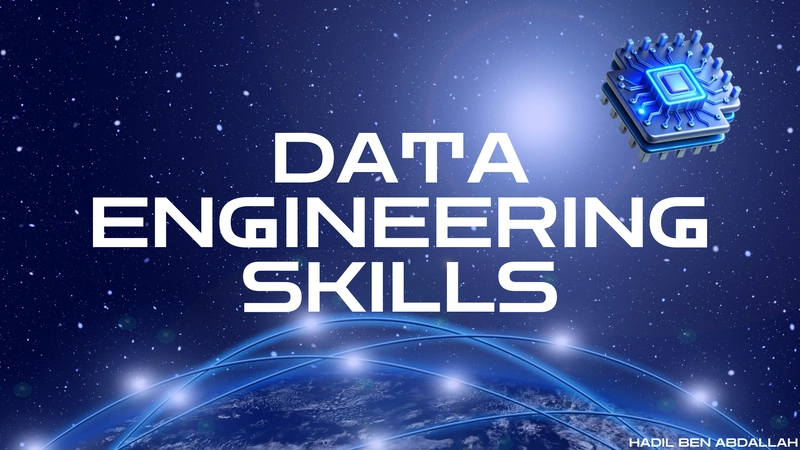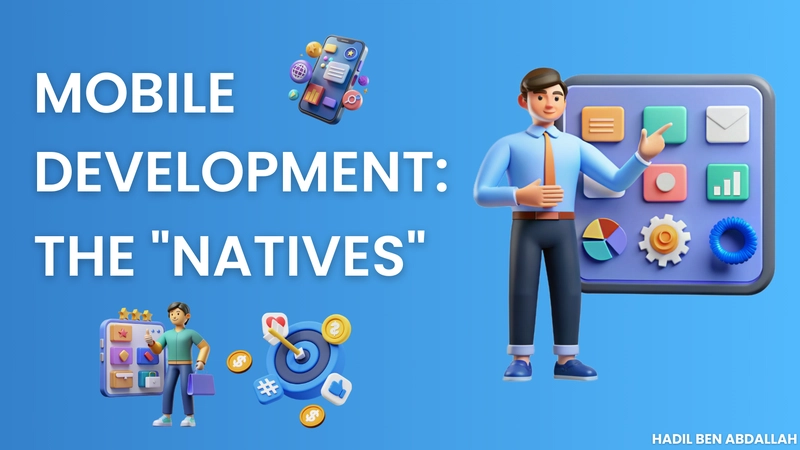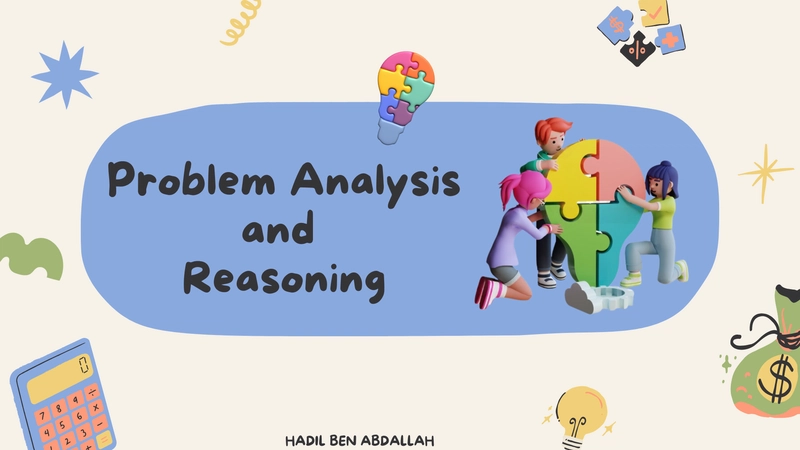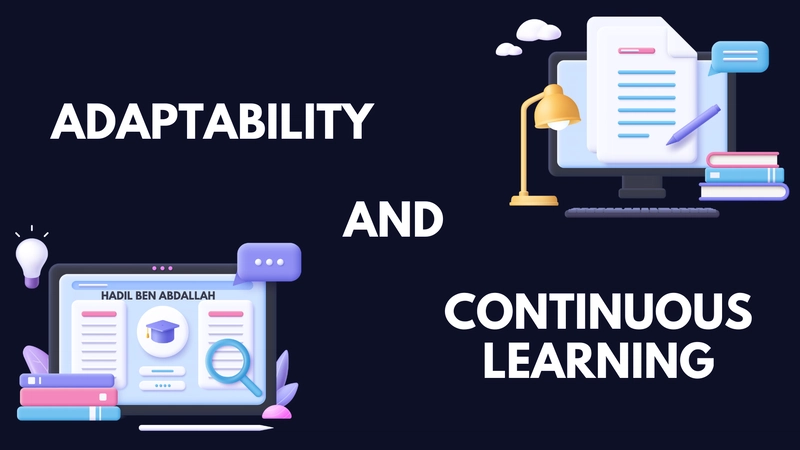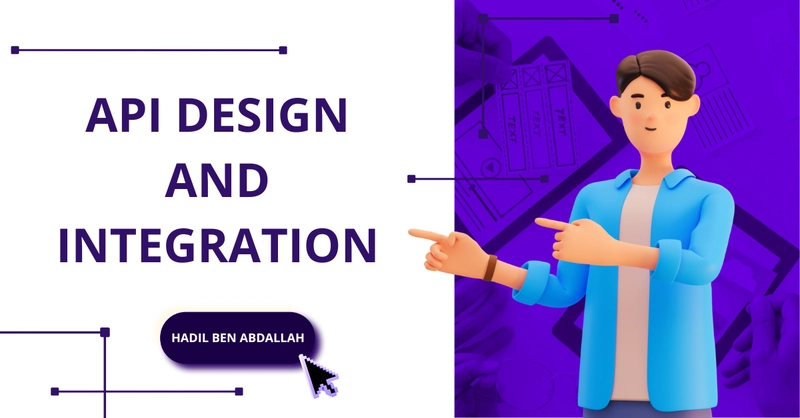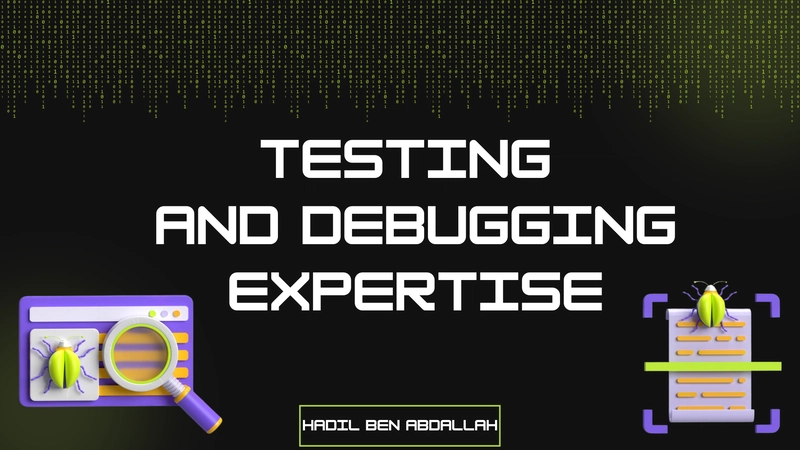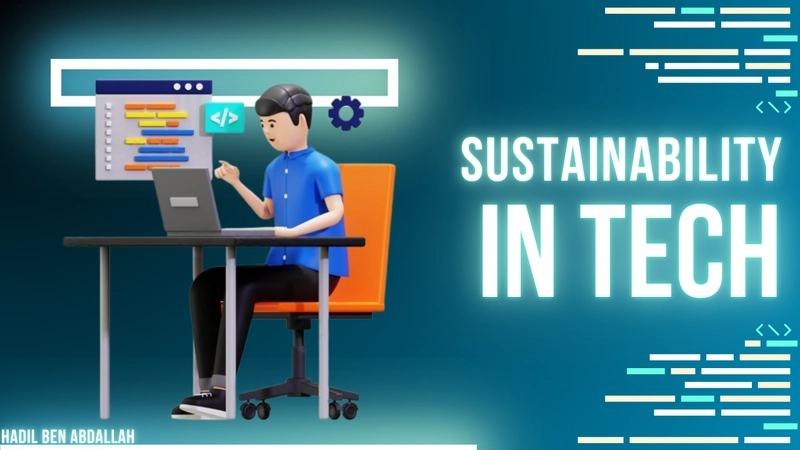15 Skills Every Software Engineer Should Have in 2025 🚀
The tech world is doing some radical change almost daily, and to stay in the lead has now become a necessity. Software engineering will, in 2025, require technical knowledge, soft skills, and most importantly, a continuous-learning attitude. Well, if you are an expert developer or someone who has just stepped into the world of software engineering, in either case, here are 15 skills that are in urgent demand for your future growth in this profession. Let's take a look! 💻
1. Knowledge of Multiple Programming Languages 🌐
Specializing in one is good but be ready for everything. Each project and each industry requires different tool sets, and the more languages you are fluent in, the more flexible and valuable an engineer you are. For example, Python is the required language in AI and data sciences, JavaScript is a must in web development, Rust or Go are quickly becoming primary languages in systems programming, etc. The more programming languages you know, the more opportunities you open yourself up to in other languages, backend development versus maybe machine learning engineering. Further, you may find yourself participating in diverse aspects of a particular endeavor. Engineers considered very valuable to employers are the ones that can move effortlessly from one context to another, which puts such skills on a fast-track for today's demand.
2. Cloud Computing ☁️
Cloud is the infrastructure for every modern app today, with AWS, Azure, and Google Cloud being prominent examples. Developers need to know cloud services, serverless architecture, and containerization (Docker, Kubernetes) to build scalable application systems. Cloud skills are important in DevOps, backend development, and infrastructure management. Even more, since the recent rise of cloud-based solutions, demand for Cloud Computing skills has spiked. In other words, as you deploy microservices with the cloud or manage cloud storage, your expertise in that will secure career opportunities in the foreseeable future.
3. AI and Machine Learning Basics 🤖
AI isn't exclusive to data scientists anymore and is becoming an integral part of software development. So, meshing lessons on AI with recommendation systems, bots, automation, or even going through basic frameworks like TensorFlow or PyTorch, will give you an intricate edge on the web, mobile app, or IoT development front. This is a fast-growing field, with AI quickly becoming a must-have-feature in many applications. Engineers who can function with AI in solving real-world problems are set to be in high demand.
4. DevOps and CI/CD Pipelines⚙️
Automation is the future. In installing automation in software production, DevOps practices are pivotal. Mastery of the CI/CD pipeline (Continuous Integration/Continuous Deployment) with Jenkins, GitHub Actions, and GitLab CI/CD would result in quick and dependable releases. These skills are demanded in DevOps, SRE, and back-end programming roles. The automation tides ensue huge investment, with leisure to look into making work faster, smoother and with low error rate. An engineer able to expedite the development lifecycle will be greatly sought after.
5. Cybersecurity Awareness 🔒
With the increase in cyber threats, secure coding practices, encryption, and vulnerability testing are no longer optional. This is a compulsion now. One such incident of breach can turn millions of dollars of losses into companies. Cybersecurity skills are of immense importance in every field, right from web development to cloud engineering. An engineer who knows how to build secured systems protects user data. No matter if OWASP best practices are considered or penetration testing is performed, cybersecurity knowledge will make you as important as any team.
6. Knowledge about Blockchain and Web3 ⛓️
Blockchain is not confined to just cryptocurrencies, it is increasingly transforming products and services in industries from finance to supply chain to healthcare. Smart contracts and decentralized applications (dApps) tissues cause it. Knowledge and experience with platforms such as Ethereum and Solana make it possible for participants to gain access to Web3 and fintech cutting-edge projects. As a field, Web3 remains rather niche but is growing by leaps and bounds; hence, so does the demand for these skills. Such acumen will segregate fresh graduates from their contemporaries, leaving them in the forefront of innovation.
7. Data Engineering Skills 📊
Indeed, data is becoming the new oil, data is crucial for building data-driven applications and how best to handle it. Apache Spark, Hadoop, and databases such as PostgreSQL and MongoDB serve as some of the fundamental tools with which one processes and analyzes large datasets. Data engineering skills are fundamental to roles in AI, machine learning, and backend development. Today, companies collect more data than ever before, so the engineers who can create data pipelines will be in demand.
8. Mobile Development: The "Natives" 📱
Tune into the latest trend in app development- mobile. Boom or bust, chances are mobilizing all your functions comes at the very least with mobile development skills. The demand is even heightened for mobile app development and cross-platform solutions. Building business-specific applications is becoming part and parcel of most companies. Hence, engineers who can put together mobile applications that are fast, responsive, user-friendly stand a very high chance with employers.
9. UI/UX Design Principles: Great Software Should Be User-Friendly 🎨
Software should not only function but also prove to be user-friendly. Learning the UI/UX design principles as well as tools such as Figma or Sketch would help you design products that users really enjoy. Aside from being a source of inspiration for design, learning the basic concepts of UI/UX makes one a better collaborator and problem solver by itself. User experience is one of the most differentiating factors in many competitive marketplaces, and that's why engineering professionals who understand this gap very well between the design space and development are highly sought after by companies.
10. Soft Skills: Communication and Teamwork 🗣️
It is not about technical skills. Modern workplaces demand clear communication, team working, and effective project control in order to become successful. Strong soft skills typically lead toward obtaining leadership positions and enabling better team playing. Most of the companies seeking engineers focus on their cross-department collaboration qualities, how they elucidate complex phenomena to non-technical stakeholders, and build a good culture within teams.
11. Problem Analysis and Reasoning 🧩
Software engineering is problem-solving at the core. These are the skills that create a 'must-have' for anyone engaged-from actual coding to the finest of architectural design. These are the qualities that engineers are expected to always look for. They give a creative angle to challenge questions. These skills stand the test of time and are required for solving rather than for application. For instance, from debugging a tricky issue to the system being made scalable, these skills never die.
12. Adaptability and Continuous Learning 📚
The tech-scene changes drastically, and staying amazed is essential for one's candidacy for success over an extended period of time. One must embrace entire new tools, frameworks, and methodologies so as to stay in trend with volatile industrial developments. This adaptability, in essence, becomes a prerequisite for those learners in software engineering eager to continuously enhance their careers and face new and exciting challenges. It has almost become mandatory for any programmer to exploit newer technology. Although it was about high time when software engineers today engage in the task of learning about additional programming languages, or at the very least, studying future technologies like quantum technologies.
13. API Design and Integration 🔗
APIs are the connective tissues of any modern program. Knowing how to create RESTful APIs, direct GraphQL, and apply third-party APIs are fundamental for a backend developer, for someone working on microservices, or a full-stack developer. API integrators support the seamless operation between software systems and, in so doing, are highly sought after.
14. Testing and Debugging Expertise 🐞
Yes, clean code is essential. Writing flawless code, however, is equally important. Test frameworks, be they Jest or Cypress, or even the debugging tools that ensure they run smoothly, make sure that an application is wonderfully constructed. But it is highly useful to the QA, DevOps, or backend roles. Whoever places a premium on software that is bug-free and reliable also rottenly employs these skills.
15. Sustainability in Tech 🌍
Engineers focusing on sustainability should learn to shape hard code to be energy-efficient and to adopt eco-friendly approaches. A specialization in green coding and sustainable technologies is much needed, particularly within green tech and IoT. With companies increasingly endorsing 'go green' initiatives, engineers who help to an environmentally viable future will be in top-gear.
Wrapping it All It Up 🎉🎯
The software engineering enterprise of our future rests on the principles of versatility, innovation and impact. And through these skills, you would therefore not only protect your career in the future but also ensure that you contribute towards constructing a better world. 🌟
| Thanks for reading! 🙏🏻 I hope you found this useful ✅ Please react and follow for more 😍 Made with 💙 by Hadil Ben Abdallah |
 |
|---|
